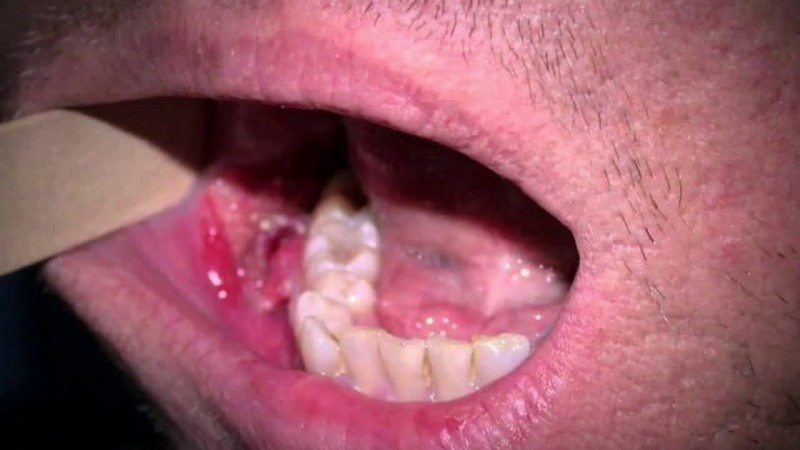
Mouth cancer, also known as oral cancer, is a serious health condition that can have devastating consequences if not detected and treated in its early stages. While many people are aware of the risks associated with smoking and excessive alcohol consumption, it's essential to be vigilant about the early symptoms of mouth cancer, as they can take a significant toll on your health. In this article, we will explore the various warning signs and symptoms that may indicate the presence of mouth cancer.
Before delving into the early symptoms, let's first understand what mouth cancer is and what causes it. Mouth cancer refers to the abnormal growth of cells in the oral cavity, including the lips, tongue, cheeks, gums, and the roof and floor of the mouth. The primary risk factors for mouth cancer include tobacco use, heavy alcohol consumption, and human papillomavirus (HPV) infection.
Early detection of mouth cancer is crucial for successful treatment. Unfortunately, many cases are diagnosed in advanced stages, which reduces the chances of a positive outcome. Being aware of the early symptoms and seeking prompt medical attention can make a significant difference in your prognosis.
One of the most common early signs of mouth cancer is the presence of persistent mouth sores. These sores may bleed, be painful, or fail to heal within a reasonable timeframe.
If you notice unexplained bleeding from your mouth or gums, it could be a cause for concern. This symptom should not be ignored, as it may indicate an underlying issue, including mouth cancer.
Mouth cancer can affect the way you speak. If you experience slurred speech or notice sudden changes in your ability to pronounce words, consult a healthcare professional.
Difficulty swallowing, also known as dysphagia, can be an early symptom of mouth cancer. It may feel like there's a lump or obstruction in your throat.
A persistent sore throat that doesn't improve with time or treatment can be indicative of an underlying issue, such as mouth cancer.
Hoarseness or a persistent change in your voice quality can be a warning sign, especially if it lasts for an extended period.
Numbness or tingling in the mouth or tongue can occur in the early stages of mouth cancer. This sensation may also extend to the lips and face.
Surprisingly, pain in the ears, especially on one side, can be associated with mouth cancer. If you experience persistent ear pain, consult a medical professional.
While the aforementioned symptoms are more common, it's essential to be aware of less common early signs of mouth cancer, such as:
Mouth cancer can affect jaw mobility, causing difficulty in opening or closing your mouth fully.
Loose teeth that are not related to dental issues should raise concerns about potential oral health problems, including mouth cancer.
Unexplained weight loss can be a sign that something is amiss in your body, and it's important to investigate the cause.
The presence of white or red patches on the gums, tongue, or lining of the mouth should be examined by a healthcare professional.
If you experience any of these early symptoms, it's essential to consult a healthcare provider promptly. Keep in mind that these signs may not necessarily indicate mouth cancer, but they warrant a thorough evaluation to rule out any serious conditions.
Prevention is always better than cure. To reduce your risk of developing mouth cancer, consider the following:
In conclusion, recognizing the early symptoms of mouth cancer is vital for early detection and successful treatment. Be proactive about your oral health, and if you notice any persistent signs or symptoms, don't hesitate to seek medical advice. Remember that timely action can make a significant difference in your overall health and well-being.
Delicious Homemade Dry Fruit Kheer: A Nutty and Creamy Dessert
The Right Way to Eat Almonds: Benefits, Precautions, and Potential Harm
Know what to eat and what not to eat with eggs, otherwise you will cause big loss